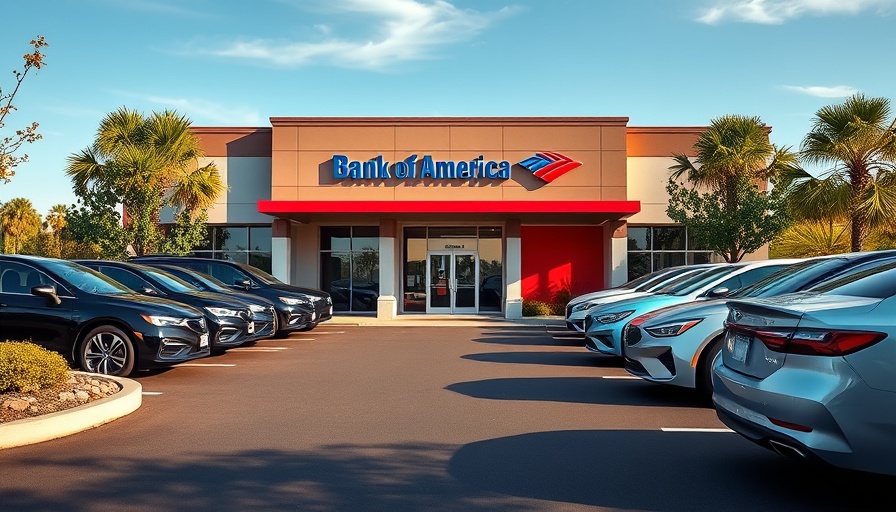
Understanding the FTC's Role in Automotive Cybersecurity
The Federal Trade Commission (FTC) is not a new player in the automotive industry; however, its increasing focus on cybersecurity and consumer data protection has created a ripple effect throughout the sector. In recent years, the FTC has ramped up its enforcement against dealerships and lenders, redefining the rules of engagement in an industry that has traditionally been slow to adapt to technological advancements.
Why the Stakes Have Never Been Higher
Many dealerships may mistakenly believe that they are too small or too insignificant to attract the attention of regulators like the FTC. This misconception can lead to complacency, which may ultimately result in dire consequences. Recent cases have shown that even smaller entities can face significant repercussions for lapses in data security.
The FTC's action against General Motors and OnStar, where the company allegedly mishandled geolocation and driver behavior data, underscores the point that all players in the automotive sector should be concerned. As vehicles become more connected through technology, the amount of sensitive data generated increases dramatically, making robust cybersecurity measures essential for all dealerships and lenders, big or small.
Compliance is Not Optional
With the FTC's renewed scrutiny, it is crucial for auto dealerships and lenders to reassess their cybersecurity protocols. The regulatory landscape is changing at an accelerated pace, and failing to be in compliance with these evolving guidelines could lead to significant penalties or even lawsuits.
To mitigate risks, dealerships should not only focus on the financial aspects of compliance but also invest in robust training programs for staff and advanced security technologies. Creating a culture of cybersecurity awareness is vital, ensuring that all employees understand their role in protecting sensitive information.
Potential Risks and Cubing Consequences
The risks that come from the lack of appropriate security measures extend far beyond fines and legal action. A data breach can severely damage a dealership's reputation and trust among customers, resulting in lost sales and long-term customer relationships. A cyberattack can lead to operational disruptions, costing the dealership both time and resources needed to recover.
Actionable Steps to Enhance Cybersecurity
To stay ahead of the curve, it is crucial for dealerships to implement a multi-layered approach to cybersecurity. Here are some actionable steps that can be taken to enhance data protection:
- Risk Assessment: Regularly audit current cybersecurity measures and identify potential vulnerabilities.
- Data Encryption: Encrypt sensitive customer data both in transit and at rest to add an additional layer of security.
- Employee Training: Foster a culture of awareness and vigilance by regularly training employees on cybersecurity best practices.
- Incident Response Plan: Establish a clear and actionable plan for responding to a data breach or cyber incident.
The Value of Cryptocurrency in Auto Financing
As dealerships increasingly integrate technology into their operations, one emerging trend is the consideration of cryptocurrency as a payment option. The evolution of auto financing also reflects broader shifts in consumer behavior; many buyers are seeking the best rates on used car financing or exploring options for lower interest rates.
Knowledge is power. Understanding how to navigate the intricacies of used car financing rates can greatly affect a consumer’s final purchasing decision. Furthermore, being equipped with tools like a used car loan calculator can empower buyers and lead to more informed decisions as they consider financing options.
Conclusion: The Time for Action is Now
For dealerships and lenders, complacency is not an option as the regulatory landscape evolves. The FTC's unwavering commitment to consumer data protection signals that the time to strengthen cybersecurity measures is now. By taking proactive steps, dealerships can mitigate risks and position themselves for long-term success in a rapidly changing environment.
 Add Row
Add Row  Add
Add 




Write A Comment